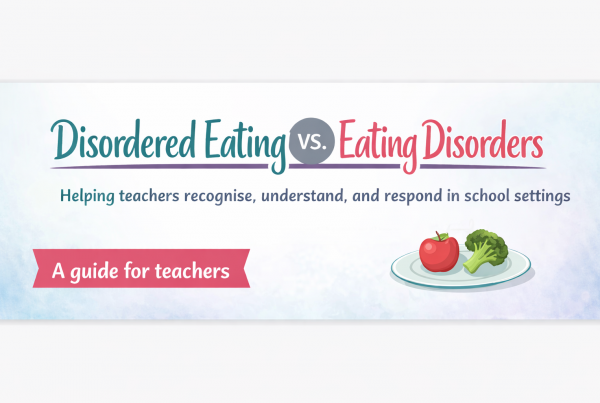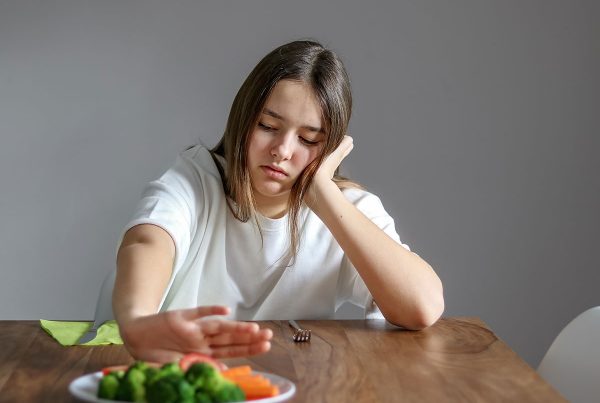
Last Updated on July 3, 2025 | Published: May 28, 2025 published by Jenny Tomei
Ozempic is a medication originally designed to help adults with type 2 diabetes manage their blood sugar levels, but it’s now being used by people trying to lose weight fast.
On social media platforms like TikTok and Instagram, Ozempic is often portrayed as a miracle solution for weight loss. Influencers and celebrities share dramatic before-and-after photos, creating a narrative that being thinner equates to being better or more successful. This trend is not just affecting adults; it’s subtly shaping the perceptions and behaviors of young people, even if they’re not directly using these medications.
Why it’s becoming a big deal?
Ozempic is seen by many as a quick fix. It promises fast weight loss without needing to change your whole lifestyle – and that makes it tempting, especially in a culture that constantly pushes young people to shrink themselves. For someone struggling with body image, hearing that there’s a way to “stop feeling hungry” or “drop weight quickly” can sound like the answer they’ve been waiting for. Even if they can’t get the drug themselves, the idea of it, and what it represents is spreading fast.
It’s not just social media.
Yes, platforms like TikTok and Instagram have played a major role in popularising Ozempic, with trends like “Ozempic face” and celebrity shout-outs going viral. But the influence of this drug now goes beyond the internet. You might hear it:
- In conversations at school or uni
- In fitness or gym spaces
- At home, from adults or family members
- From friends who know someone using it
When something is mentioned enough, it starts to feel like a regular part of the health conversation, even when it shouldn’t be.
How does it affect the way young people think?
Ozempic don’t just affect the body – it affects the way people think about their bodies. When a drug becomes known for controlling hunger or making people thinner, it sends a message that hunger is bad and that weight loss should always be the goal. This can make young people question their natural appetite, feel guilty for eating, or assume that they’re failing if they don’t look a certain way. Over time, this can damage their relationship with food, their self-worth, and even their long-term health.
Copying unhealthy trends
Many young people might not have access to Ozempic, but that doesn’t stop them from trying to copy its effects. Some start skipping meals, drinking extra caffeine to avoid hunger, or pushing themselves hard in the gym to lose weight. These behaviours might look like “discipline” on the outside, but often they’re signs of deeper stress, low self-esteem or pressure. What’s more worrying is that these habits can slip into disordered eating patterns without anyone noticing until it’s too late.
It’s bigger than just a trend
It might seem like young people are just following trends or being obsessed with looks, but there’s a lot more going on. This isn’t about being lazy or lacking willpower but about growing up in a world where being thin is constantly praised, where unrealistic body standards are everywhere, and where health is treated like a competition. Ozempic have become part of that pressure, just another way people are told they should try to fit into an “ideal” body, no matter what it costs them.
What can parents and teachers do?
One of the most important things we can do is help young people understand that health isn’t just about what they look like. Real health means having energy, enjoying food, moving your body in a way that feels good, and taking care of your mental wellbeing. We also need to be honest about how damaging “quick fixes” can be. It’s okay to want to feel better in your body, but there’s no magic solution, and trying to force fast results often makes things worse in the long run.
If a young person is focusing heavily on losing weight, it’s worth gently asking why. Often, the goal isn’t really about the weight, it’s about wanting to feel more confident, more in control, or more accepted. Those feelings are valid, but they need to be addressed with support and kindness, not pressure to change the body.
Useful links
We have a FREE toolkit on weight loss drugs below:
https://www.gov.uk/government/news/mhra-warns-of-unsafe-fake-weight-loss-pens
Written by Andreja Grigaityte













